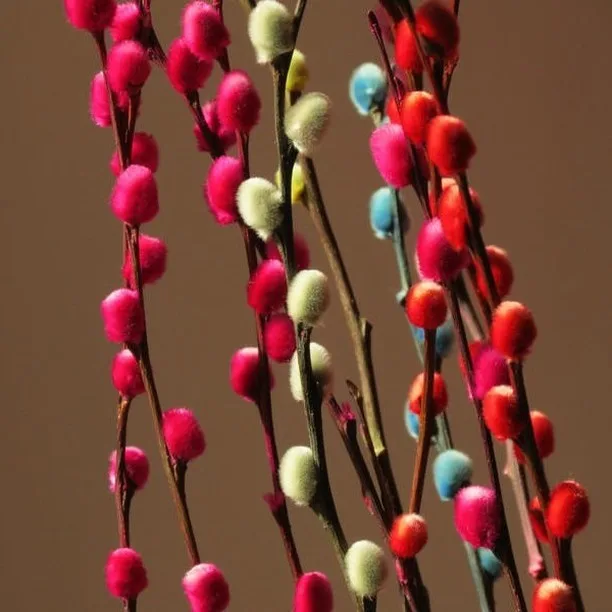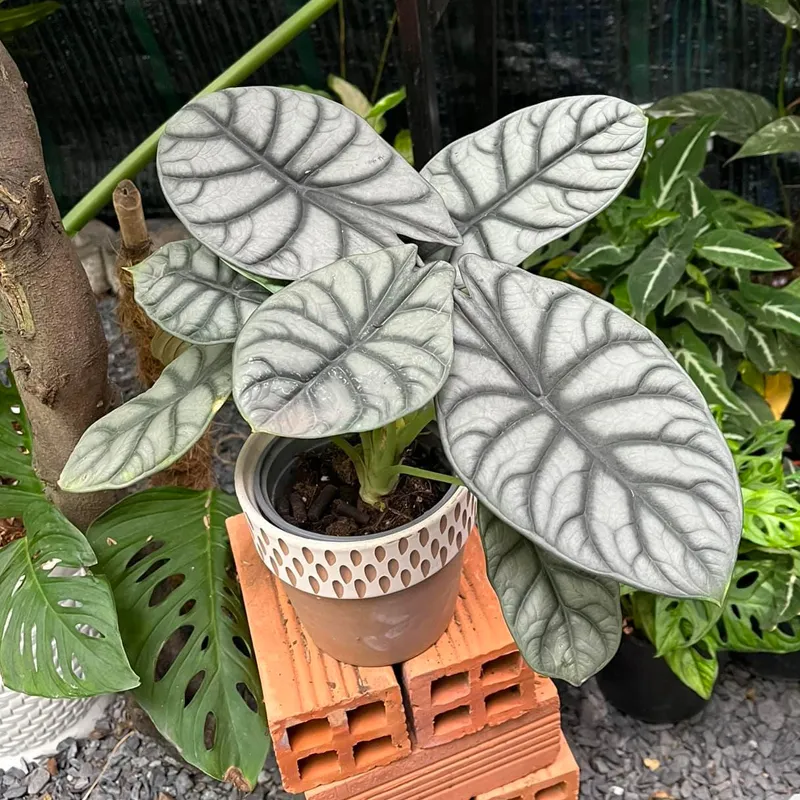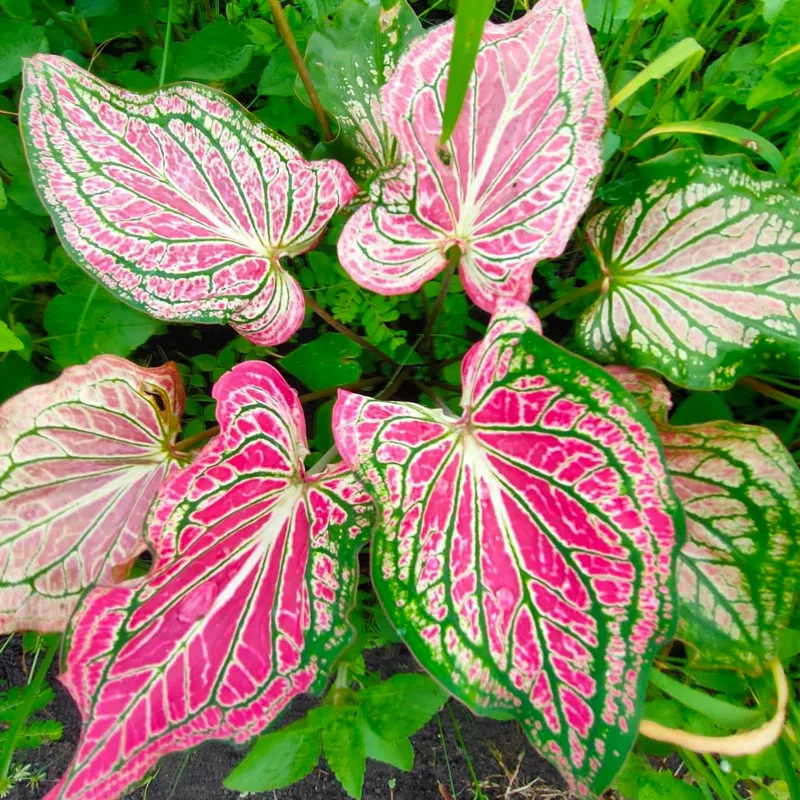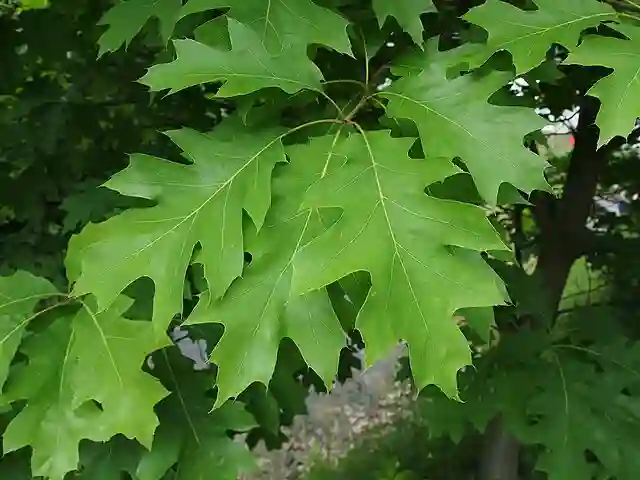Copiapoa: My Love Affair with the Coastal Cacti of Chile
The Atacama Desert. Just the name conjures images of arid, sun-drenched landscapes, a place where life seems impossible. Yet, it’s in this harsh environment that some of the most fascinating plants on Earth thrive, including the genus Copiapoa from the Cactaceae family, a group of cacti that has captivated me for years.
As a plant enthusiast, I’m always drawn to the unique and the resilient, and Copiapoa cacti are both. Endemic to the coastal regions of northern Chile, they’ve adapted to survive in one of the driest places on the planet. Their ability to thrive in such extreme conditions, coupled with their diverse forms and striking beauty, makes them truly remarkable.
A Diverse Genus
Copiapoa is a surprisingly diverse genus, with over 38 recognized species. Each has its own unique characteristics, from the globular shape of Copiapoa cinerea to the columnar form of Copiapoa columna-alba. Some species are solitary, while others form dense clusters, creating a stunning visual tapestry in the barren landscape.
- Copiapoa ahremephiana N.P.Taylor & G.J.Charles
- Copiapoa algarrobensis Katt.
- Copiapoa angustiflora Helmut Walter, G.J.Charles & Mächler
- Copiapoa aphanes Mächler & Helmut Walter
- Copiapoa armata (F.Ritter) Helmut Walter & Larridon
- Copiapoa atacamensis Middled.
- Copiapoa australis (Hoxey) Helmut Walter & Larridon
- Copiapoa calderana F.Ritter
- Copiapoa cinerascens (Salm-Dyck) Britton & Rose
- Copiapoa cinerea (Phil.) Britton & Rose Plant FAQs: Copiapoa Cinerea
- Copiapoa coquimbana (Karw. ex Rümpler) Britton & Rose
- Copiapoa corralensis I.Schaub & Keim
- Copiapoa decorticans N.P.Taylor & G.J.Charles
- Copiapoa desertorum F.Ritter
- Copiapoa echinoides (Lem. ex Salm-Dyck) Britton & Rose
- Copiapoa esmeraldana F.Ritter
- Copiapoa fiedleriana (K.Schum.) Backeb.
- Copiapoa fusca I.Schaub & Keim
- Copiapoa gigantea Backeb.
- Copiapoa grandiflora F.Ritter
- Copiapoa hoffmanniana Pumarino & Blando
- Copiapoa humilis (Phil.) Hutchison
- Copiapoa hypogaea F.Ritter
- Copiapoa laui Diers
- Copiapoa leonensis I.Schaub & Keim
- Copiapoa longispina F.Ritter
- Copiapoa longistaminea F.Ritter
- Copiapoa malletiana (Cels ex Salm-Dyck) Backeb.
- Copiapoa marginata (Salm-Dyck) Britton & Rose
- Copiapoa megarhiza Britton & Rose
- Copiapoa mollicula F.Ritter
- Copiapoa montana F.Ritter
- Copiapoa pendulina F.Ritter
- Copiapoa rupestris F.Ritter
- Copiapoa schulziana I.Schaub & Keim
- Copiapoa serpentisulcata F.Ritter
- Copiapoa solaris (F.Ritter) F.Ritter
- Copiapoa taltalensis (Werderm.) Looser
Adaptations for Survival
What truly fascinates me about Copiapoa is their remarkable adaptation to their arid environment. They’ve evolved a number of strategies to survive in the Atacama, where rainfall is scarce and fog is a primary source of moisture.
Many Copiapoa species have a dense covering of spines, which serve multiple purposes. They help to reduce water loss by shading the plant’s surface, and they also collect moisture from fog, which then drips down to the roots. Some species have even developed a thick, waxy coating on their stems, further reducing water loss.
Another fascinating adaptation is their ability to go dormant during periods of drought. When water is scarce, they can slow their metabolism and essentially shut down, conserving energy until conditions improve. This allows them to survive for extended periods without rainfall.
The Allure of Copiapoa
For me, the appeal of Copiapoa goes beyond their unique adaptations and striking beauty. They represent resilience, perseverance, and the ability of life to thrive in even the most challenging environments. They’re a testament to the power of evolution and a reminder that beauty can be found in unexpected places.
Whether you’re a seasoned cactus enthusiast or simply appreciate the wonders of the natural world, I encourage you to explore the fascinating world of Copiapoa. These remarkable plants are sure to capture your imagination and leave you with a newfound appreciation for the diversity and resilience of life on Earth.
If i die, water my plants!



